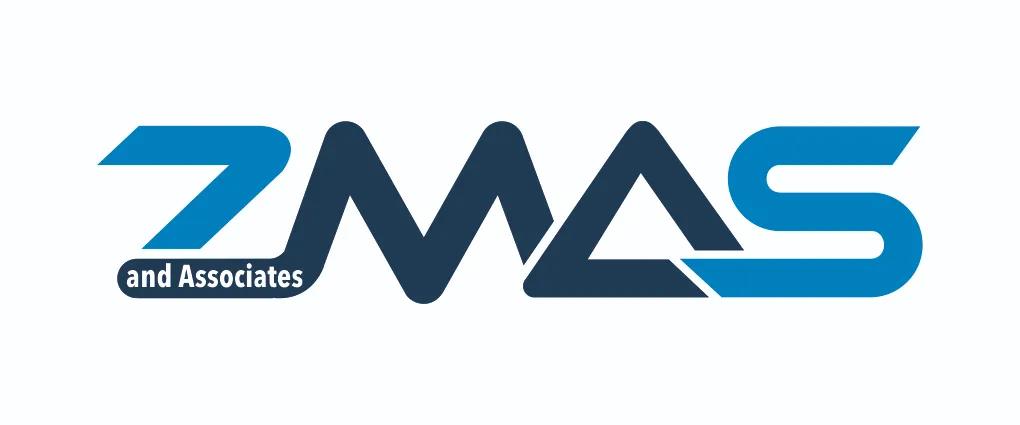Introduction to Internal Audit Services
According to IIA, Internal Audit is an independent, objective assurance and consulting activity designed to add value and improve an organization’s operations.
Need for Internal Auditing Services in India
When a company suddenly collapses, the often-resounding question is “what went wrong?”. A breakdown in the internal control system is the usual cause. An effective internal control system helps your organization in achieving its objectives and ensures its perpetuity. Through our Risk Based Internal Audit Service Provider, we evaluate the effectiveness of the existing systems and controls and recommend improvements to them.
Management Assurance
Assuming that you are running a large company, I am sure that as the owner of the company you must have established certain systems and processes to control your business operations. You must also be spending a good amount of time monitoring the activities of your employees and ensuring that they are following the processes and systems that will lead to achievement of your company’s objectives.
As you start delegating work and decentralize your operations, you may have these apprehensions:
- Are the systems that I implemented working?
- Are my employees following standard processes?
- Is my company complying with the applicable laws?
- Are my employees adhering to the company policies?
- Are my operations effective and efficient?
- Are the transaction records and MIS Reports accurate?
Our Internal Audit Services provide assurance to you as a business owner regarding the above apprehensions and towards the effectiveness of internal controls in your organization.
Performance Measurement
You ever wonder if there is a universal tool for measuring the performance of employees from different departments. For employees of some departments like Sales, it is easy to measure performance, but for others it becomes subjective. We provide Internal Control Effectiveness (ICE) Index for each department that helps measure performance of all employees objectively.
As pointed out by Robin Sharma “what gets measured, gets improved”. This ICE Index, one of the output of our Internal Audit Services, acts as a tool to measure employee performance as a part of your performance management system, which in turn leads to improvement in their performance.
Ongoing Improvement
With fast changing technology, your business processes may soon become redundant. Our Internal Audit Services help you keep identifying exceptions and opportunities for improvements on an ongoing basis so that your business processes stay updated and lean.
It is like having an extra pair of eyes and ears that can help you with this monitoring. Someone who periodically reviews your operations (core departments and as well as support functions) and reports the deviations, its risk impact, its root causes and recommendations to improve them.
This results in continuous improvement in processes, it becomes your competitive advantage over your competitors. A competitor can copy your products or can hire similar employees, but it is not easy to copy a culture where you strive for continuous improvement.
When someone is doing the job of monitoring and reporting (independently) then you can focus your energy on the growth of your company. The recommendations we provide through our Internal Auditing Services In India, bring value to well-established businesses.
Achievement of objectives
Internal controls are activities that ensures achievement of your company’s objectives. When a company sets objectives, there are always some risks that would prevent it from achieving those objectives. The management establishes internal controls to mitigate these risks. Internal Audit Service Provider helps in measurement and maintenance of the effectiveness of these Internal Controls thereby mitigating the risks and ensuring that your company achieves its objectives.
Cost Optimization
Our approach towards Internal Audit includes a systematic study and analysis of business processes of your company with an objective to improve processes, optimize revenue and profits, improve efficiency in utilization of resources, and reduction of costs and cycle time.
Our team of Internal Auditors facilitate you in strengthening of internal controls by recommending feasible control practices in line with your organization’s objectives and risk portfolio.
Get in touch with us to know more about our services.
“The most dangerous kind of waste is the waste we do not recognize.” – Shigeo Shingo
